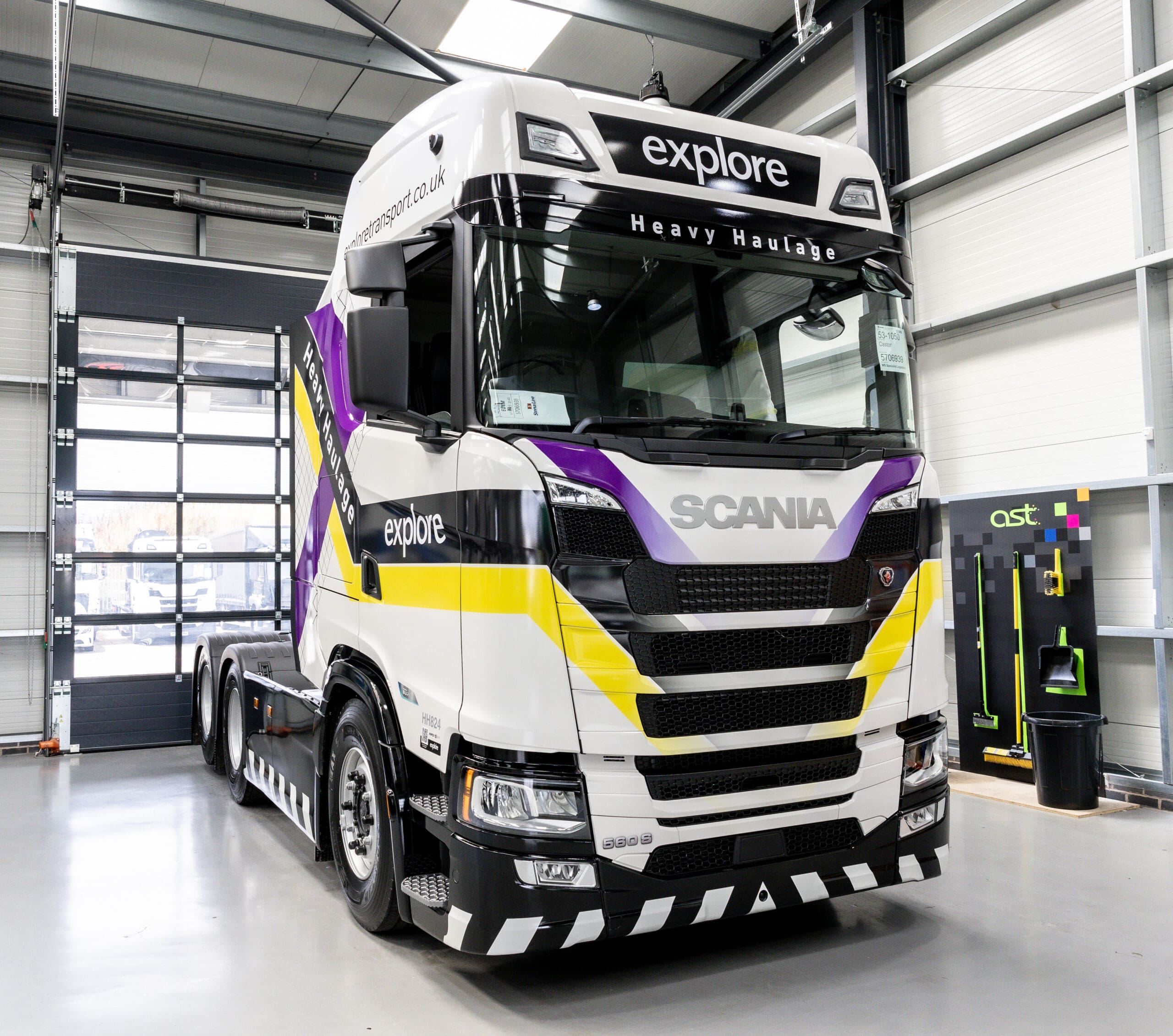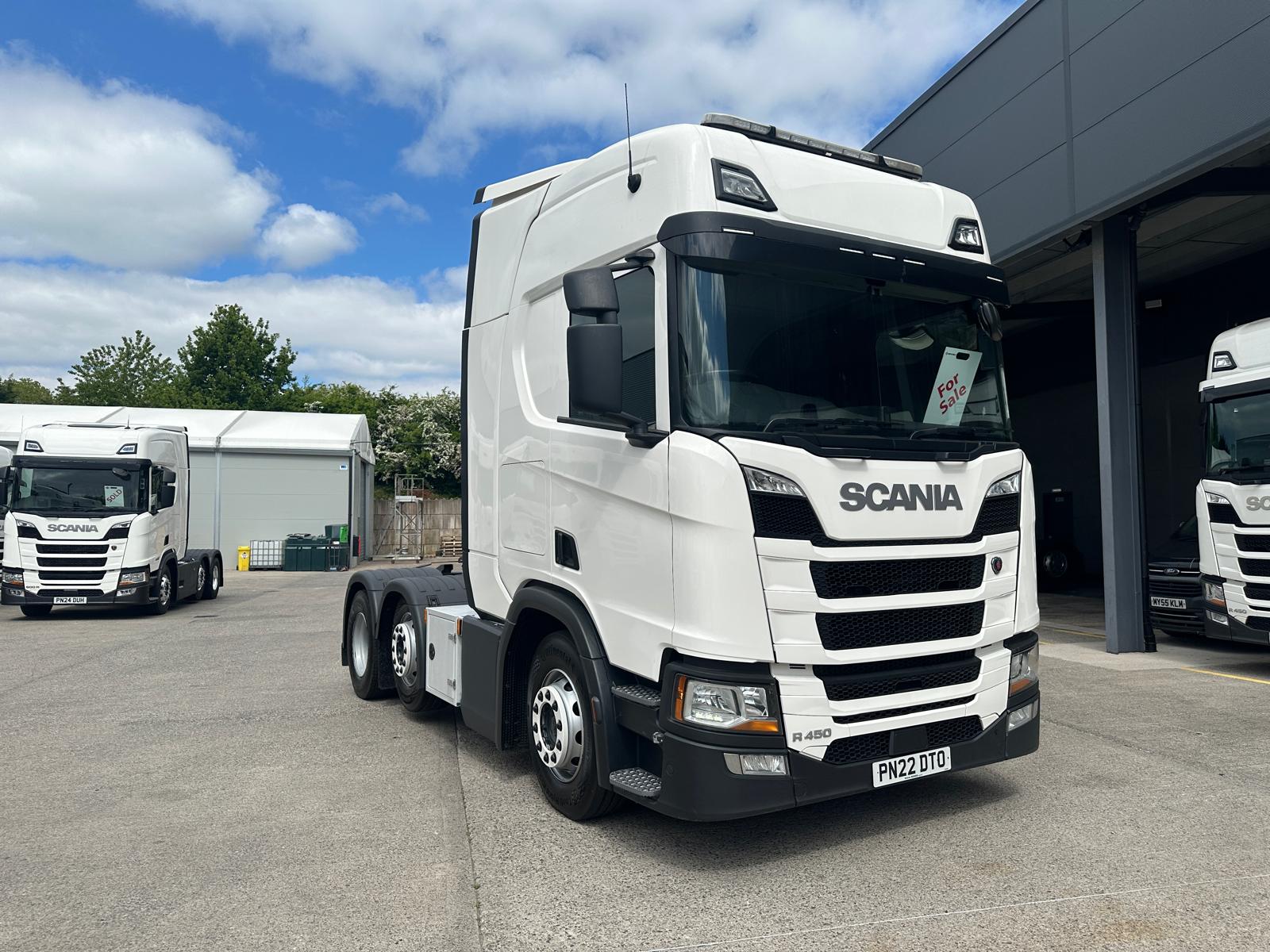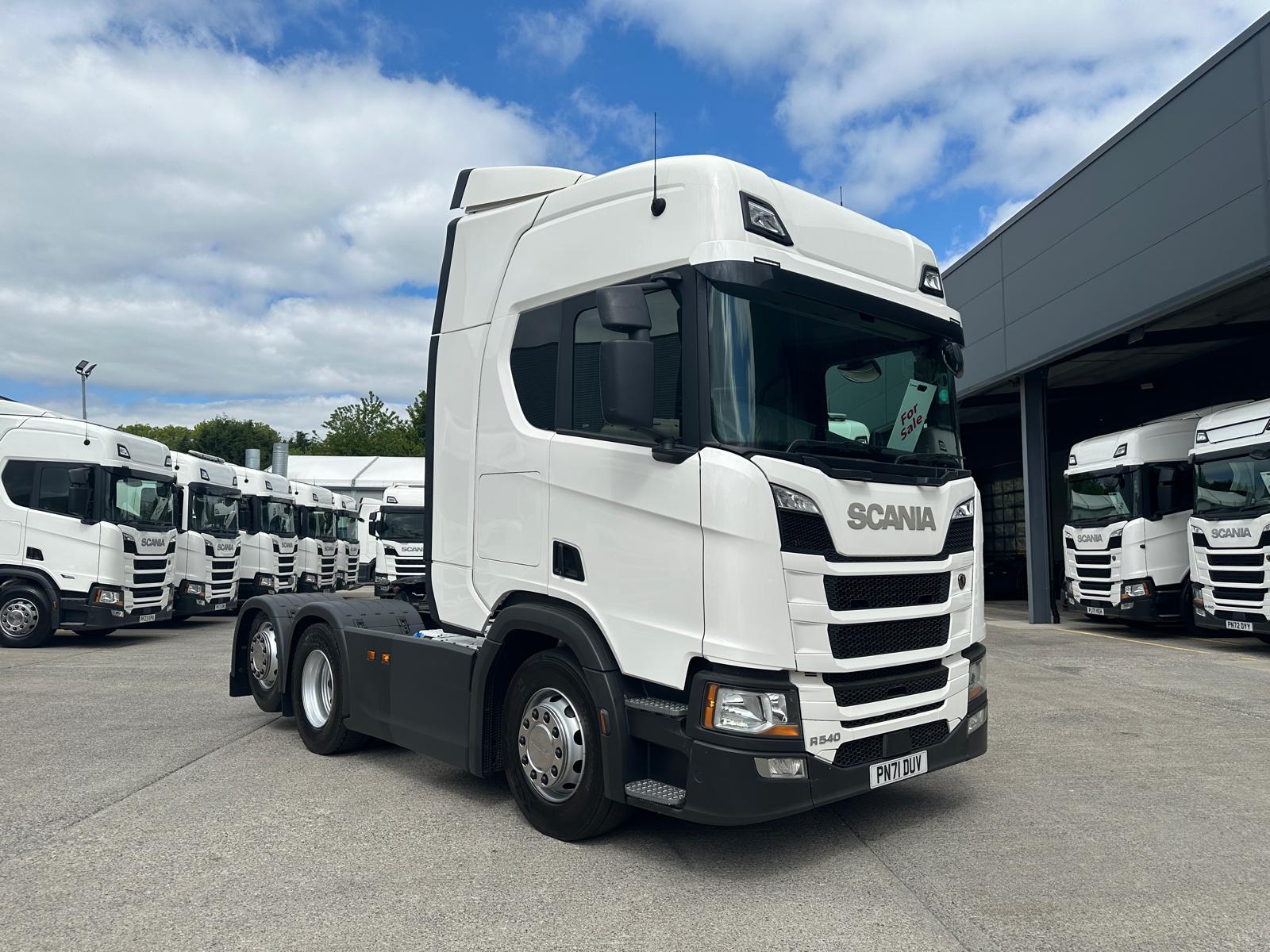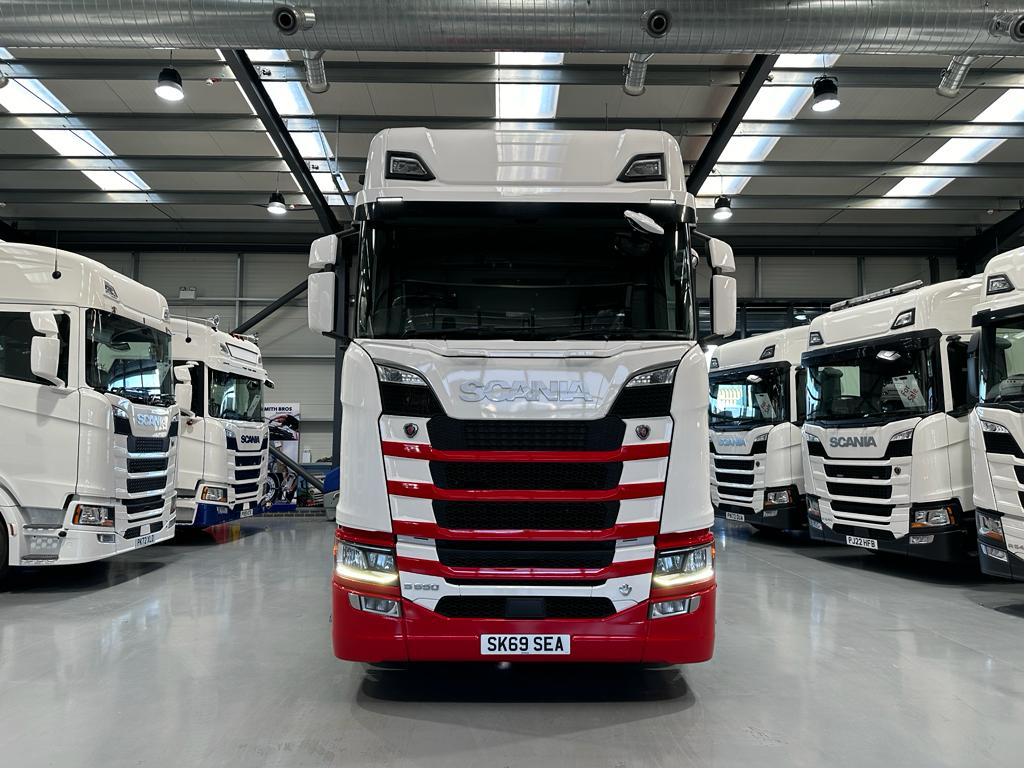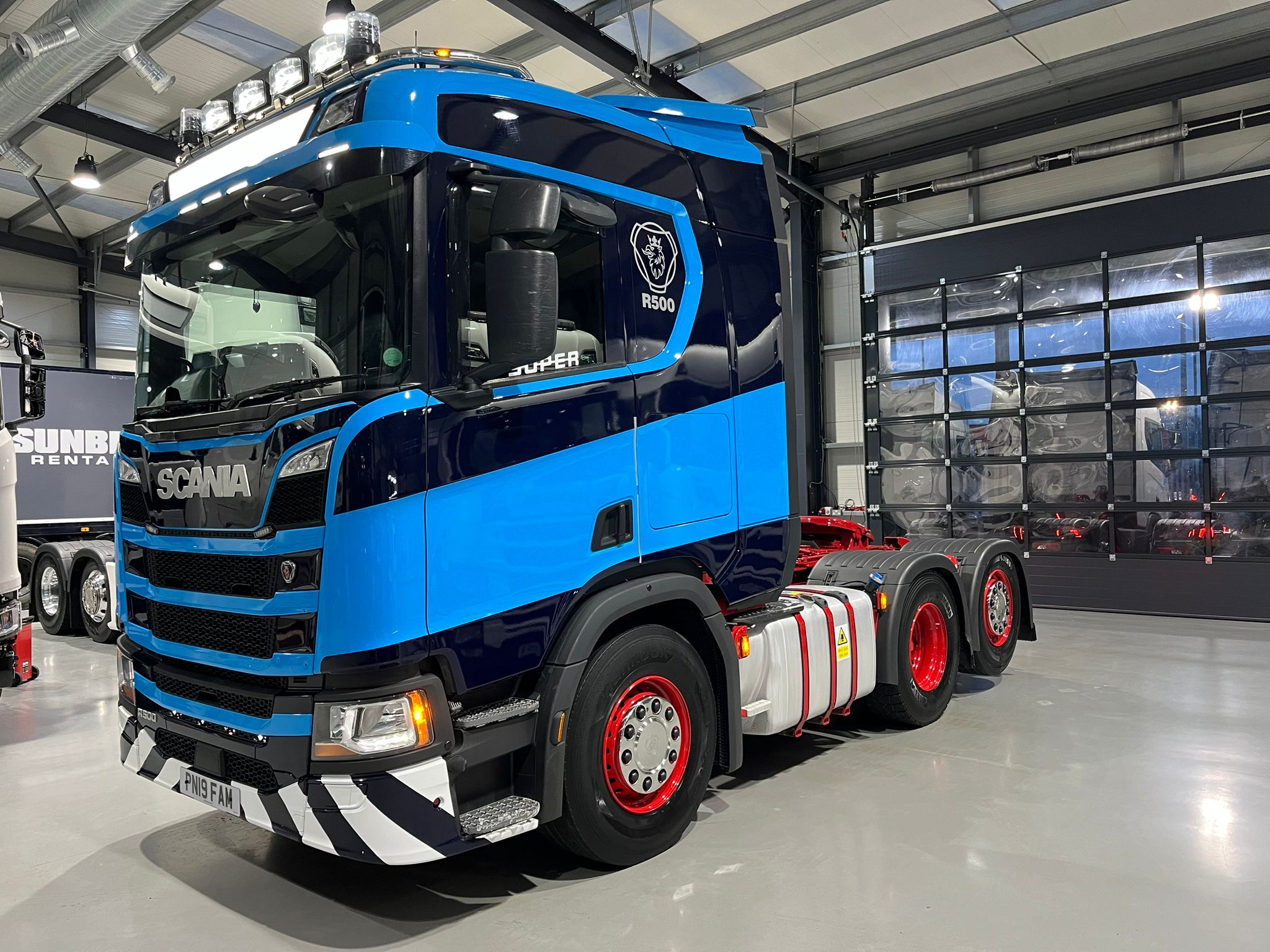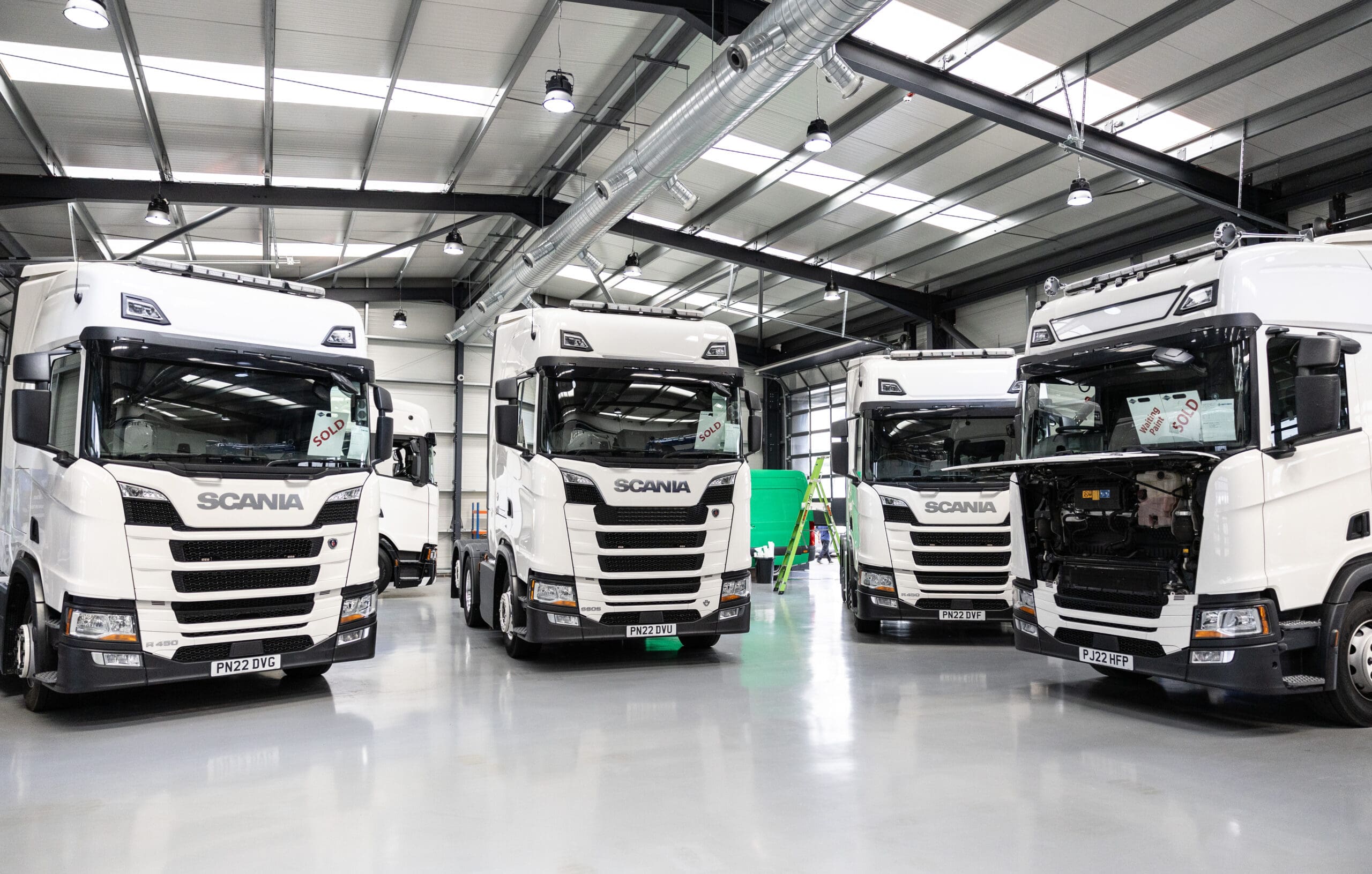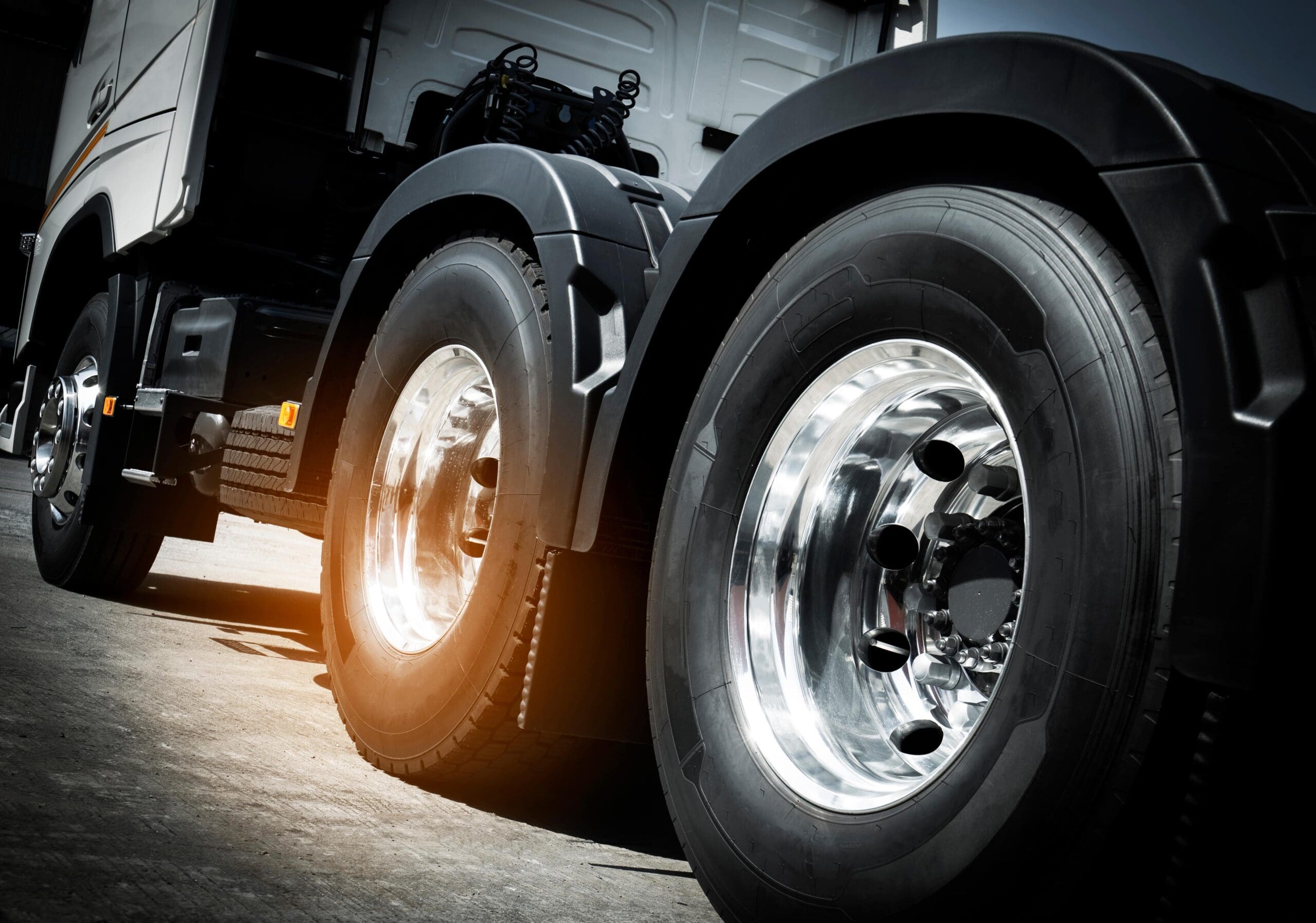What impacts fuel consumption in lorries?
Frequency of acceleration
As with all vehicles, a truck driving at steady speed down the motorway while on a long-haul journey (without frequent starting and stopping) will consume a good deal less diesel than a lorry that is moving up and down gears at varying speeds on curving roads or in built-up areas.
Going uphill
The more hills a truck climbs, the more its engine speed is needed. This leads to more fuel consumption.
How heavy the vehicle is (GVW – gross vehicle weight)
According to science, the heavier a vehicle is, the bigger impact it will have on fuel consumption. heavier and more heavily loaded a vehicle is, the more fuel it will consume.
Research suggests that every 10% increase in gross weight can result in a 5% increase in fuel consumption, so it’s crucial to keep an eye on overall fuel efficiency and cost reduction.
Vehicle aerodynamics
Lorries, by nature, are larger and aren’t built to reduce drag, which can use more fuel to combat.
However, the UK government has introduced legislation to permit the use of aerodynamic features on all lorries, which is estimated to result in a 7% to 15% saving in fuel.
